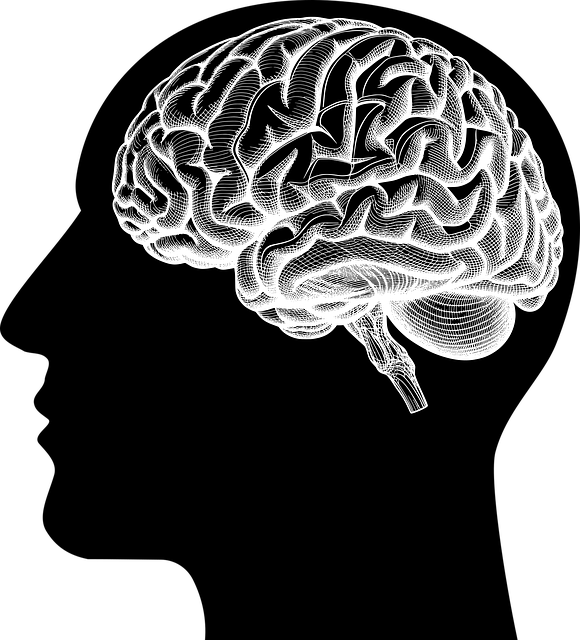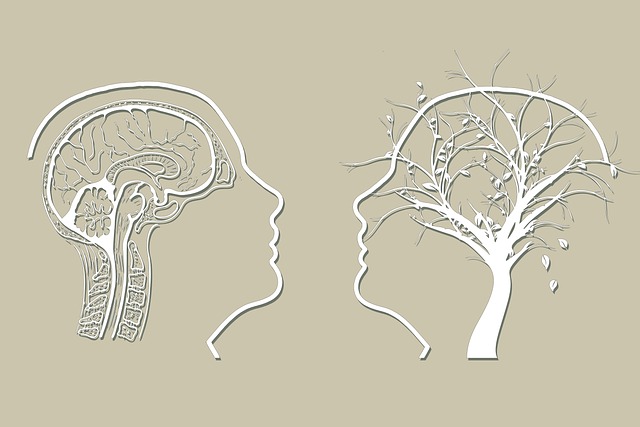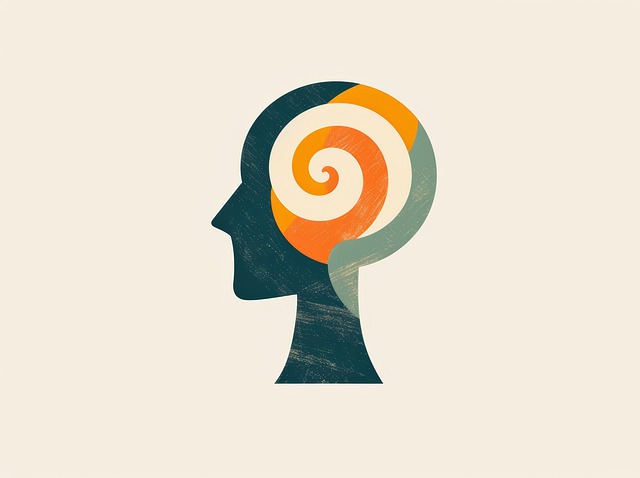Mental health literacy empowers early recognition and addressing of mental health issues, leading to improved well-being and better community outcomes. Lone Tree Online Therapy offers accessible services focusing on depression prevention and burnout reduction for healthcare providers. An effective program includes user-friendly platforms, live video sessions, secure messaging, mindfulness meditation practices, and community outreach. Engaging participants through empathy-building and trauma support services is crucial for tailored, accessible mental health care, ensuring enhanced therapeutic outcomes.
Mental health literacy is a crucial component of overall well-being, and its impact on individuals and communities cannot be understated. This article explores the design of an effective Lone Tree Online Therapy program, focusing on enhancing mental health literacy. We delve into strategies for creating engaging content, leveraging digital platforms to provide accessible therapy, and supporting participants’ journeys towards better mental health. By understanding these key elements, we can foster a more resilient and supportive society.
- Understanding Mental Health Literacy and its Impact
- Designing an Effective Online Therapy Program
- Strategies for Engaging and Supporting Participants
Understanding Mental Health Literacy and its Impact

Mental health literacy refers to the understanding and awareness of mental health issues, their causes, symptoms, and available treatments. It empowers individuals to recognize when they or someone else is experiencing a mental health problem, encouraging early intervention and seeking appropriate support. This simple yet profound step can significantly impact overall well-being, as evidenced by research highlighting improved outcomes in communities with higher mental health literacy rates. For instance, Lone Tree Online Therapy has seen success in providing accessible therapy services that foster mental health awareness, offering solutions for depression prevention and burnout prevention strategies for healthcare providers, among other issues.
Beyond individual benefits, enhancing mental health literacy can lead to more supportive environments, particularly in healthcare settings. Healthcare providers with robust mental health knowledge are better equipped to offer empathetic care, implement effective burnout prevention strategies, and facilitate Social Skills Training. This holistic approach not only improves patient outcomes but also contributes to a healthier, more resilient community overall.
Designing an Effective Online Therapy Program

Designing an effective online therapy program requires careful consideration of various elements to ensure it meets the unique needs of users engaging in Lone Tree Online Therapy. The platform should offer a user-friendly interface, enabling individuals to access therapeutic resources conveniently from their homes. Incorporating features like live video sessions, secure messaging, and interactive tools for tracking progress can enhance engagement and create a safe digital space.
One key aspect is integrating mindfulness meditation practices into the program. By providing guided meditations and breathing exercises, users can develop inner strength and learn stress management techniques. Additionally, implementing a community outreach program allows participants to connect with peers, fostering support networks that promote mental well-being. These strategies collectively contribute to creating a comprehensive online therapy experience tailored for personal growth and resilience.
Strategies for Engaging and Supporting Participants

Engaging and supporting participants is a key aspect of designing an effective mental health education program. One strategy to foster participation is by incorporating empathy building strategies that encourage active listening, understanding, and connection among peers. This can create a supportive environment where individuals feel safe to share their experiences and learn from one another, enhancing the overall therapeutic effect.
Additionally, providing resources for trauma support services and integrating these into the program curriculum is vital. Many participants may have experienced complex trauma, and access to specialized mental health policy analysis and advocacy materials can help them understand their rights and navigate available support systems effectively. Lone Tree Online Therapy offers a unique opportunity to bridge this gap by delivering evidence-based interventions that are both accessible and tailored to individual needs.
Mental health education programs, such as those offered by Lone Tree Online Therapy, are transforming access to care. By combining robust online platforms with engaging strategies, these programs effectively address mental wellness literacy and provide crucial support for participants. Through a well-designed curriculum, interactive elements, and ongoing engagement, initiatives like Lone Tree Online Therapy are revolutionizing mental health care, making it more accessible and impactful for those in need.














